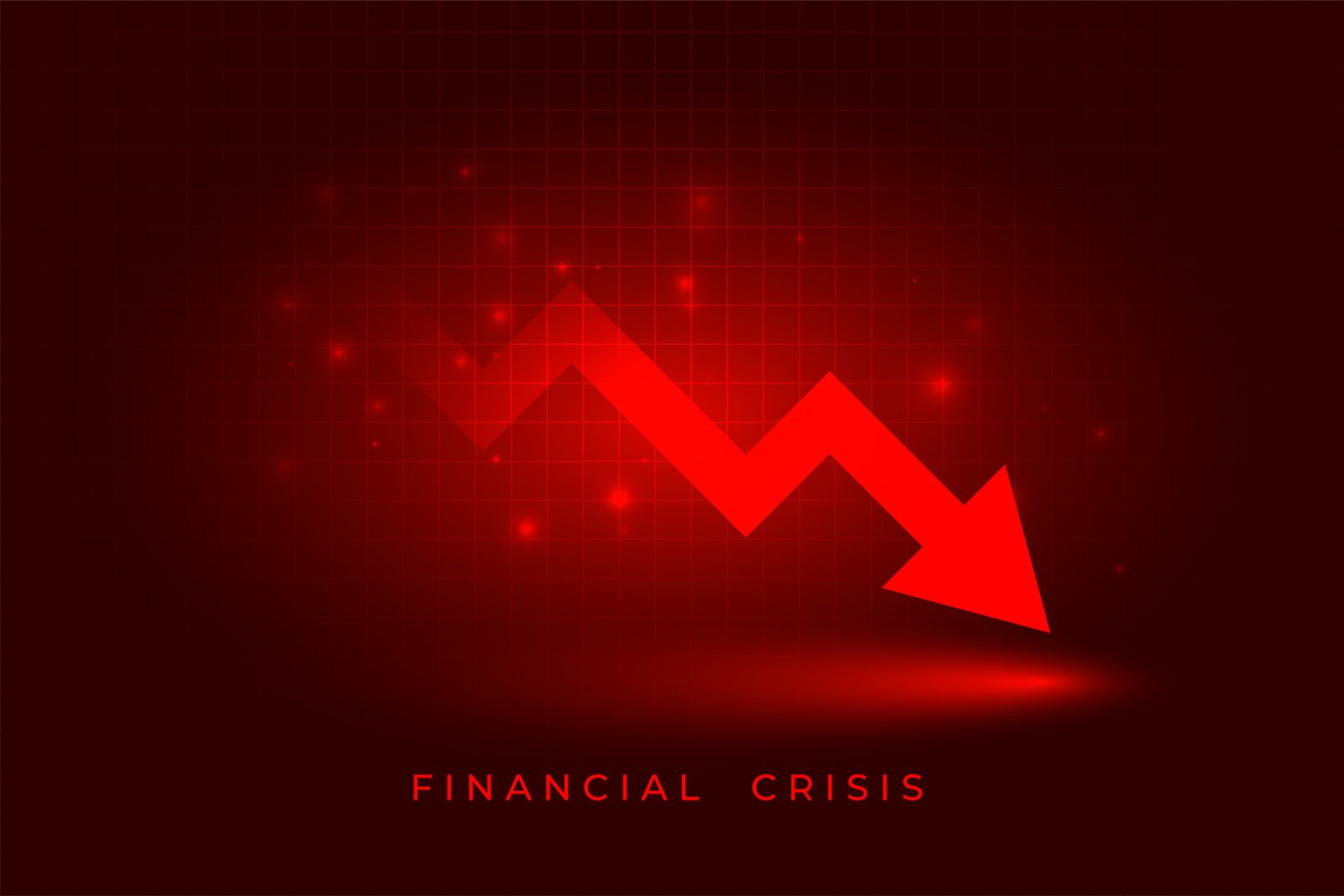Inflation is the gradual loss of purchasing power, reflected in a broad rise in prices for goods and services. Inflation is the action of inflating something or the condition of being inflated, while in the economy sector it means a general increase in prices and fall in the purchasing value of money. Recently, ll nations of the world is affected by the economical definition of inflation.
Inflation is measured in a variety of ways depending upon the types of goods and services. It is the opposite of deflation, which indicates a general decline in prices when the inflation rate falls below 0%. Keep in mind that deflation should not be confused with disinflation, which is a related term referring to a slowing down in the (positive) rate of inflation.
The rising inflation worldwide in 2022 is reflected in the increasing prices of the different commodity groups especially in the G7 countries. Most notably, the price of electricity, gas, and other fuels skyrocketed in the second quarter of 2022, with price increases reaching roughly 70 percent in the United Kingdom and 65 percent in Italy compared to the same period in 2021. Transport costs were also significantly higher in 2022 in all countries except Japan compared to 2021. Inflation rates have been increasing sharply all around the world through 2022, spurred by Russia’s invasion of Ukraine in February that year.

An increase in the supply of money is the root of inflation, though this can play out through different mechanisms in the economy. A country’s money supply can be increased by the monetary authorities by:
* Printing and giving away more money to citizens. * Legally devaluing (reducing the value of) the legal tender currency. * Loaning new money into existence as reserve account credits through the banking system by purchasing government bonds from banks on the secondary market (the most common method)
The rise in inflation worldwide is as a result of some certain factors which Monetary policy is a major cause of the increase in inflation, says Stanford economist John Taylor. Inflation rises when the Federal Reserve sets too low of an interest rate or when the growth of money supply increases too rapidly – as we are seeing now, says Stanford economist John Taylor.
Inflation is not only negative, it has it positive side and those who are Equity and Commodity Investors are beneficiaries of inflation. Despite low economic growth rates, investors can benefit from inflation if they hold the correct stocks and commodities in their portfolios. Equity investors: Putting your money in stocks is much better than holding cash during times of high inflation. Statistical agencies measure inflation by first determining the current value of a “basket” of various goods and services consumed by households, referred to as a price index. To calculate the rate of inflation, or percentage change, over time, agencies compare the value of the index over one period to another, such as month to month, which gives a monthly rate of inflation, or year to year, which gives an annual rate of inflation.










